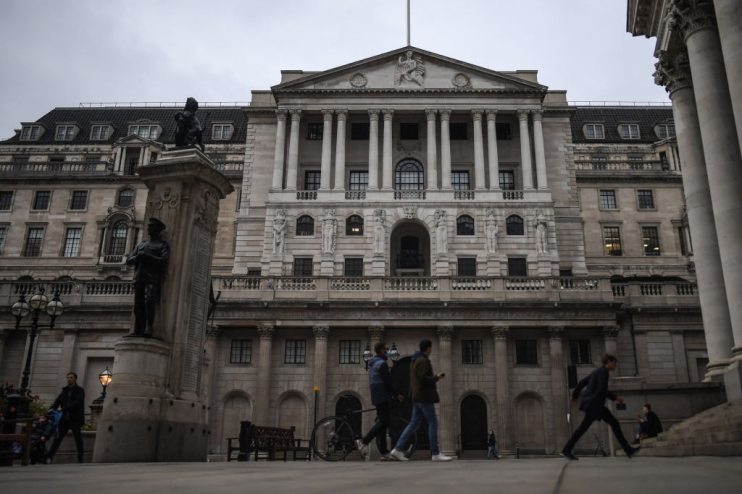Investors brace for more US Federal Reserve and Bank of England rate hikes

Traders in the City and Wall Street are this week bracing for their respective central banks to push on with more rate hikes in response to a historic inflation crunch on either side of the pond.
The US Federal Reserve and Bank of England announce their next interest rate decision tomorrow and Thursday respectively.
Both are expected to lift borrowing costs again, but diverge on how quickly to tighten policy.
Threadneedle Street will send rates 25 basis points higher, marking the fourth successive meeting it has raised them and taking them to one per cent, the highest level since 2009, the City expects.
Across the pond, Fed chair Jerome Powell and co are anticipated to lift rates by double that amount, which would be the largest hike since 2000 and break with its tradition of moving in 25 basis point increments.
The sharp policy shift from two of the world’s top monetary authorities has been triggered by the Bank and Fed shifting focus to tackling inflation in the UK and US hitting levels not seen for decades.
In Britain, prices are seven per cent higher than they were a year ago, the steepest acceleration since 1992, while stateside inflation is running at 8.5 per cent, a level last seen in the early 1980s.
Bank governor Andrew Bailey will be more alert to sparking a recession in the UK by front-loading rate hikes compared to his counterparts across the pond.
“While the Federal Reserve’s recent hike does change the policy choice set somewhat, the [Bank] is facing a more acute trade-off between supporting growth and reining in inflation than is the case in the US,” analysts at Goldman Sachs said.
The Fed lifted rates for the first time since 2018 at its last meeting from near zero.
Experts are forecasting UK households to respond to the worst living standards shock in 66 years by cutting spending, weighing on economic growth this year.
Bailey has signalled his concern about intensifying Britain’s headwinds, saying the Bank is “walking a very tight line between tackling inflation and the output effects of the real income shock”.
Former rate setters have accused Threadneedle Street of contributing to a possible inflation peak of 10 per cent this year by delaying rate hikes in the second half of last year.